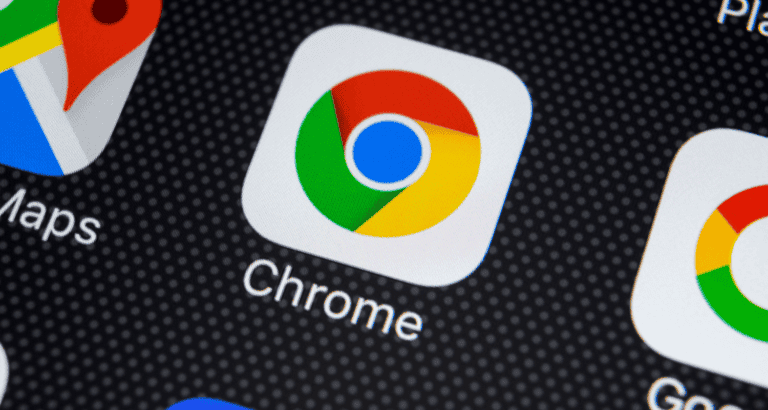Google can still expect a class action lawsuit over its unsolicited data collection through the Chrome browser. The US federal judge overturned an earlier ruling that had been in Google’s favour.
The new ruling overturns an earlier lower court ruling that Google had properly implemented this data collection.
Years of litigation
The case surrounding unsolicited data collection through the Chrome browser dates back to 2020. Back then, Google was dragged into a class action lawsuit in a U.S. court for allegedly collecting the data regardless of whether end users consented to it via checking Chrome sync.
The Chrome sync feature in the browser stores bookmarks, passwords, open tabs and other data in an end user’s Google account. This should give end users easier access to this data when logged into Chrome on multiple devices.
Complainants blamed Google for “intentionally and unlawfully” sending data such as browsing history, IP addresses, persistent cookie identifiers and unique browser indentifiers to itself anyway. Without consent.
In a December 22, 2022 ruling, however, the U.S. court ruled otherwise. The judge went along with Google’s defense that users did give consent to this anyway because they accepted Google’s privacy policy.
Better understanding privacy policy
However, the judge’s recent ruling notes that the lower federal court failed to consider an important factor in its ruling. It concerns the fact that Chrome users must actually understand that accepting the privacy policy included permission to send data.
Google had a general privacy disclosure that correctly recommended that Chrome would not forward certain data if users did not have sync enabled.
The lawsuit is now headed back to the lower U.S. federal court. That must decide whether the class action lawsuit should be retried.
Google’s response
In a response to The Verge, Google says it disagrees with the decision and is confident that the facts are on its side. Chrome Sync helps users easily use the Chrome browser across devices and has clear privacy controls.
Incidentally, Google recently announced that users will soon no longer need to use Google Sync to access stored information. This would be separate from the legal actions surrounding this issue.
Not only class action case
It is not only for the forwarding of data from Chrome in class action lawsuits that Google is being dragged into U.S. court. There was also a legal battle over the unsolicited tracking of end users in Chrome’s Incognitio state that eventually led to a settlement.
Sometimes Google’s privacy rules are also incomprehensible to Google’s own management, as was evident earlier last year. Then Google CEO Sundar Pinchai himself could not provide a clear explanation of them in a witness statement.
Also read: Privacy features Google also hard to understand for own CEO
